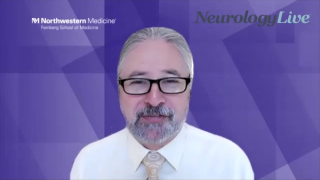
Dementia and Alzheimer Disease
Latest News
Latest Videos

CME Content
More News
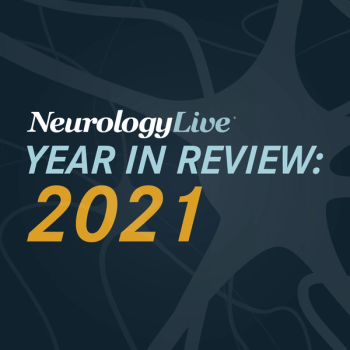
As part of NeurologyLive®'s Year in Review, take a look at some of the most engaging conversations the team has had with experts in neurology this past year.

As part of NeurologyLive�®'s Year in Review, take a look at some of the most listened to and engaging conversations from the Mind Moments™ podcast from this past year.

As part of NeurologyLive®'s Year in Review, take a look at some of the biggest FDA approvals and decisions from this past year.
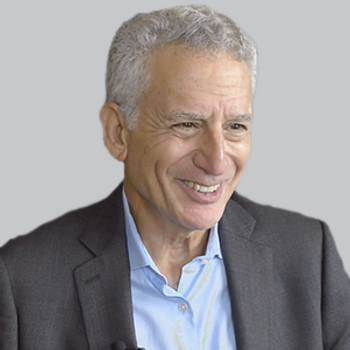
Howard Fillit, MD, founding executive director, ADDF, provided his perspective on the state of the Alzheimer disease field as 2021 comes to a close.

As part of NeurologyLive®'s Year in Review, take a look at some of the best features that have been published on the site this year.

Here's what is coming soon to NeurologyLive®.

Take a look back at some of the most top video interviews with key experts in neurology and their insights and perspectives on topics in neurology subspecialties, as part of NeurologyLive®'s Year in Review.
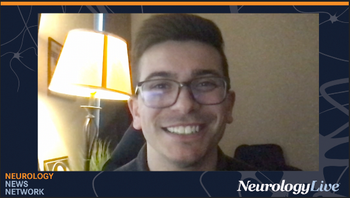
Neurology News Network for the week ending December 25, 2021.

Take 5 minutes to catch up on NeurologyLive®'s highlights from the week ending December 24, 2021.
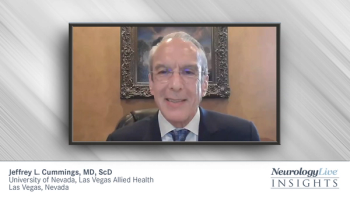
Jeffrey L. Cummings, MD, ScD, discusses the biomarker assessments used to test for amyloid beta that can confirm disease pathology for Alzheimer’s disease.

Jeffrey L. Cummings, MD, ScD, explains the pathophysiology and common screening tools used to evaluate Alzheimer’s disease.

The chief medical officer of Cognetivity Neurosciences outlined the benefits a new integrated assessment has for clinicians and patients with dementias and multiple sclerosis. [WATCH TIME: 4 minutes]

George Vradenburg, JD, the chair and cofounder of UsAgainstAlzheimer’s; and Ian N. Kremer, JD, executive director, Leaders Engaged on Alzheimer's Disease, offer their insight into the downstream effects of the new pricing of Biogen’s aducanumab (Aduhelm).
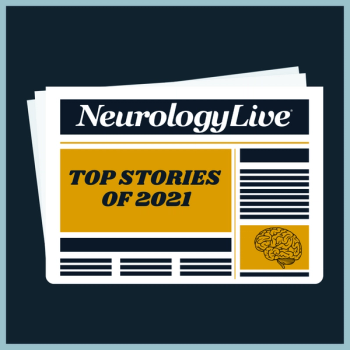
These news stories dominated the conversations in the field and were often included in NeurologyLive®'s coverage in Alzheimer disease and dementia.
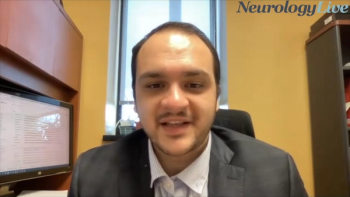
The research assistant professor at the Buffalo Neuroimaging Analysis Center discussed a recently awarded grant to determine which brain structures are responsible for cognitive decline in patients with multiple sclerosis. [WATCH TIME: 3 minutes]
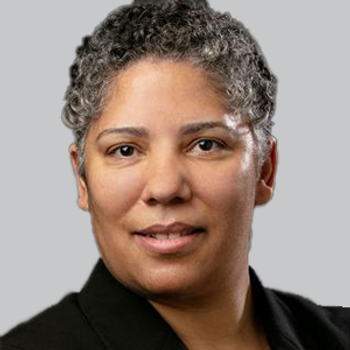
The study had a relatively high proportion of Black and Hispanic participants, with higher MCI among these patients.

Although the new integrated cognitive assessment can be completed remotely, the chief medical officer of Cognetivity outlined its potential for use in the clinical setting.

After months of concern raised by the Alzheimer disease community about the list price for aducanumab (Aduhelm) of $56,000 yearly, Biogen has announced that the maintenance dose cost will be reduced to $28,200.

Here's what is coming soon to NeurologyLive®.
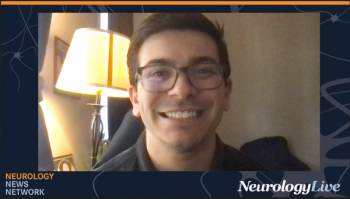
Neurology News Network for the week ending December 18, 2021. [WATCH TIME: 3 minutes]

Take 5 minutes to catch up on NeurologyLive®'s highlights from the week ending December 17, 2021.

The chief medical officer of Cognetivity outlined a new integrated cognitive assessment that takes only 5 minutes to complete on an iPad. [WATCH TIME: 6 minutes]

Mind Moments™, a podcast from NeurologyLive®, brings you an exclusive interview with Anton Porsteinsson, MD.

Two parallel studies will evaluate the BioXcel Therapeutics’ drug’s effectiveness as an acute therapy in treating a full spectrum of agitation in 300 patients with AD.
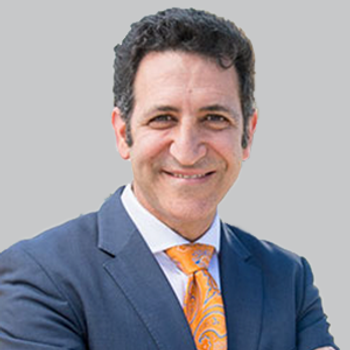
The post-marketing study of aducanumab (Aduhelm) is expected to enroll 1300 patients with early Alzheimer, with the final protocol to be submitted to the FDA in March 2022, and plans to initiate patient screening in May 2022.






